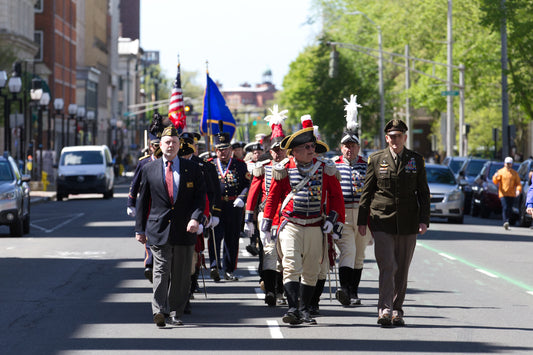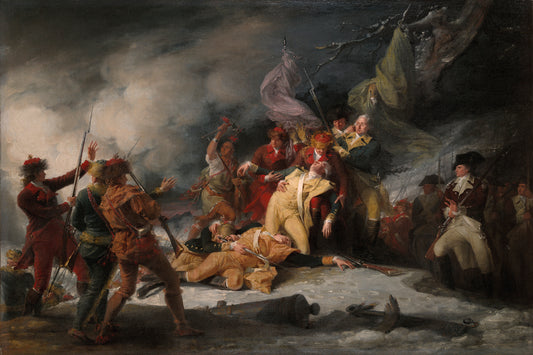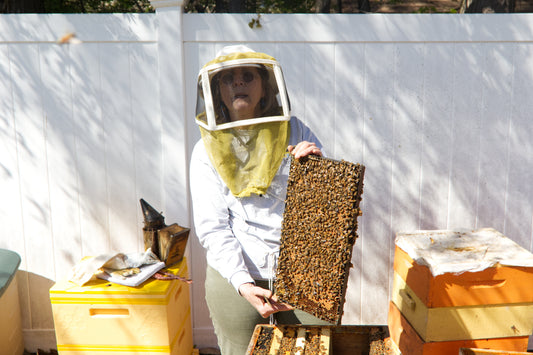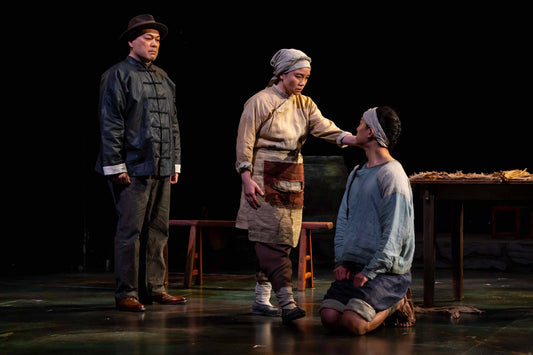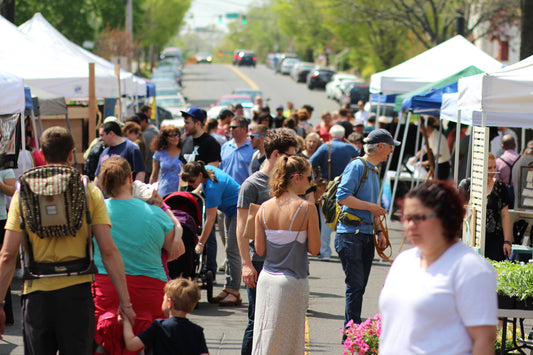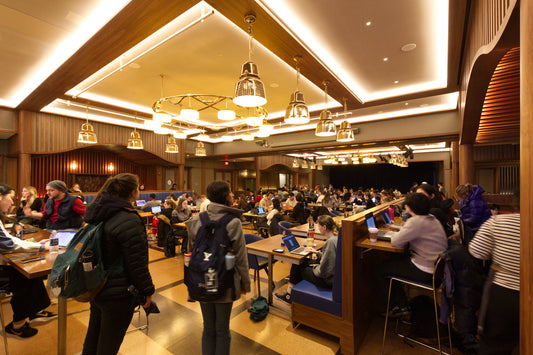August is Summer Reading Month in Daily Nutmeg, and Daphne Geismar is this week’s local author. Please enjoy this excerpt—featuring a history primer followed by personal recollections—from Geismar’s book Invisible Years: A Family’s Collected Account of Separation and Survival during the Holocaust in the Netherlands (David R. Godine, Publisher, 2020).
* * *
In hiding, one had to live silently without attracting any attention. Moments of crisis were often triggered by the smallest of incidents, and one had to be ready to move without notice. While the majority of those who offered refuge proved steadfast, risking imprisonment in concentration camps to do so, there were those who exploited and abused their powerless guests. Individuals who needed a hiding place had little choice: until the fall of 1943, there were not enough available.
sponsored by
Dutch accommodation with the Germans ended in May 1943 after the commander of the German Wehrmacht (armed forces) in the Netherlands ordered the internment of the former Dutch army. The implied reason: the Dutch had not Nazified themselves. This decision triggered spontaneous strikes all over the country, which provoked a harsh response that included the shooting of protesters, mass arrests, and executions. Accommodation, the convenient middle road between collaboration and resistance, ceased to be an option. More than 300,000 non-Jewish Netherlanders needed hiding places, and now many people opened their houses to all who needed to “submerge.” Sadly, for almost 90,000 Jews, this belated spirit of resistance came too late: they had already been shipped to the death camps…
CHAIM
It is a Saturday afternoon in April 1945. A warm meal is brought to us in the organ loft. Fifi and I open our hiding place’s trapdoor and come down with a retractable ladder to the loft…
A short while later, I hear some noise in the church foyer on the side of the sexton’s house. I listen briefly but then remember that the boys’ catechism class was to begin again that Saturday afternoon, and so I continue reading. But then I hear someone walking through the church. Boys wouldn’t do that, but it could be an organist or the glazier, and they weren’t supposed to discover me either. So I go over to the window from where the organist has a full view of the church, and it’s in those few seconds that my suspicion intensifies, for there’s the sound of multiple footsteps. Carefully, I hold the edge of the opaque green curtain against the wall and use my finger to create a small crack, only to grow rigid with fear at that very moment. On the podium below me, between the pews of the elders and deacons, at a distance of perhaps four meters, there are two Grüne Polizei walking around, searching everything, and then farther down in the church, I see two more of them between the pews.
The next few seconds—even the smallest details of which are still vividly in my mind—were terrifying. My terror was followed half a second later by an odd sense of familiarity with the scene. What large visors their caps have, I note in a businesslike manner. My brain allows me the association with Austrian Alpine hunters. And then comes the stage of paralysis, the sense that all is lost. For another few seconds, three or five (five is a whole lot under such circumstances), I wonder whether there’s any point in climbing back into the hiding place. The other four Jewish individuals who have a hiding place on the other side of the organ symmetrically opposed to us—the Kools—are in the sexton’s home during the day and so have likely long been picked up because it is through that house that the Grüne Polizei must have come in. And even if the Kools hadn’t said a word, their ladder was still out, and their hiding place would lead the Grüne Polizei to ours. It’s useless, I thought. But, because of years of practice and discipline, I started to climb, stiff kneed, the route to our hiding place… “Germans! Germans!” I suddenly hear in a whispered scream. It’s the Kool family—they actually reached their hiding place and now, because of the clatter, believe that we don’t yet know. It means there’s still a small chance! Now the super-heavy ladder still has to be raised. It can’t be done hand over hand because that would make the ladder sway and bump. Throw it up, let it go, and catch it again, ten centimeters at a time. One slip and that’s the end, for the Germans are already below me in the foyer, from which we are separated by thin slats of wood; they’re coming up the stone staircase to the little storage space. I close the trapdoor and cover the cracks with a cloth. And a German hand is already at the door of the storage space. The door is locked, but they’ll be back, of course.
* * *
Invisible Years: A Family’s Collected Account of Separation and Survival during the Holocaust in the Netherlands
by Daphne Geismar
David R. Godine, Publisher, 2020
Where to buy: RJ Julia | Bookshop | Barnes & Noble



